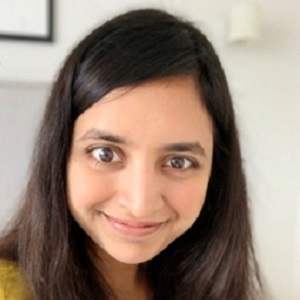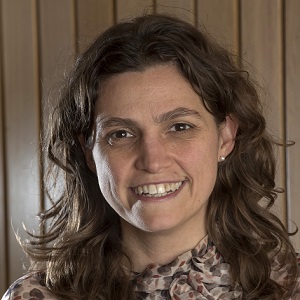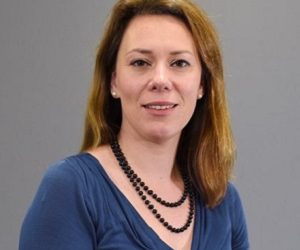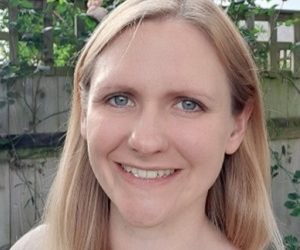I am a Reader in the Department of Psychology at Royal Holloway, University of London. I investigate how language is organised in the developing brain. My work has established brain differences in several developmental communication disorders, such as developmental language disorder and stuttering. I have received awards for my work, including the APS Rising Star designation and the BPS Neil O’Connor prize. At present, I am focusing on understanding how motivation and reward processing interact with language learning, using behavioural, computational, and MRI techniques. This work is funded by an Academy of Medical Sciences Springboard Award, and an MRC New Investigator Research Grant.
How did you become interested in learning difficulties?
My brother has severe intellectual challenges and does not speak. Growing up, I regularly visited speech-language therapists, taken in tow for his appointments. I found myself at a crossroads when I was choosing what to study at university – I wanted to be a dentist, but then thought otherwise. At this stage, I gravitated towards a speech-language therapy degree. I thought using creativity and science to address language problems would be fascinating. And I wasn’t wrong. Since then, I’ve had the privilege to work with many children and adults with communication challenges. I still think it’s fascinating to try and understand why some children face difficulties, others do not, and how we can best help children who face these challenges.
What are your most recent and exciting results?
I am interested in neural differences in children who struggle to learn to speak their native language. Despite the apparent simplicity of this question, such differences have been quite challenging to establish. In a recent paper in eLife, we used a new quantitative imaging technique (MPM) that is particularly sensitive to myelin to scan children with language disorders and neurotypical children. We found evidence for reduced myelin in parts of the brain responsible for speaking, listening, and learning rules and habits in children with DLD. I think this is a really exciting finding. We now need to understand why we see differences in these areas, and whether these might be causes or consequences of having a language disorder.
What do you think are the main challenges in this research field?
In the field of neurodevelopmental disorders, we generally use case control designs (for instance, I would compare those with language problems to those without). This means we tend to assume there is one thing that differentiates these groups. In reality, there are many things that may differentiate these children, and we aren’t doing very well at mapping the inherent heterogeneity. We need large-scale cohorts that are really well characterised, which takes time and effort. We also urgently need to think about how we can get to personalised prognosis and intervention, rather than simply understanding impairments at a group level.




